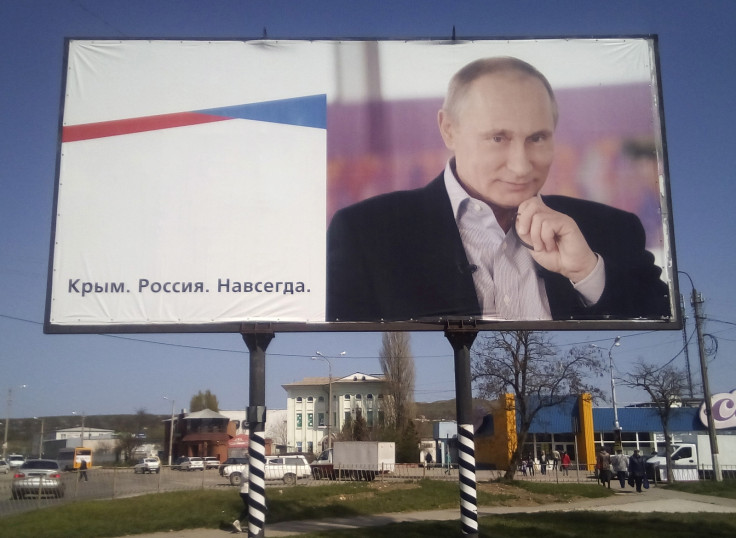UK personnel will remain in Ukraine to train troops and counter Russian threat – Fallon
Relations between Russia and the West continue to deteriorate as Cold War 2 heats up.
The UK is to continue training Ukrainian troops until at least 2018 to counter the increased threat from Russia, UK Defence Secretary Sir Michael Fallon has announced.
Up to 100 UK personnel are in the east European country at any one time, training the Ukrainians in IED clearance, logistics and medicine.
According to the Ministry of Defence (MoD), the UK has already helped train around 5,000 Ukrainian troops. In addition, non-lethal equipment worth more than £1m ($1.25m) has also been sent to Kiev.
"Britain is stepping up in Europe and around the world," said Fallon. "Extending British training of Ukrainian Armed Forces sends a clear message that we support Ukraine and remain firmly committed to its sovereignty, independence and territorial integrity, in the face of a more belligerent Russia."
Parts of eastern Ukraine remain embroiled in conflict as Russian-backed separatists fight to forge a separate state, based in the Crimea region.
According to UN Human Rights Office (OHCHR) almost 10,000 people have died in the conflict, which is now in its third year.
The Crimean peninsula was annexed by Russia in 2014. Along with Russia's intervention on behalf of President al-Assad in Syria and a rise in cyberattacks against states and governments, many are concerned that President Putin's regime is becoming increasingly assertive.
In recent months, Russia has also moved nuclear-capable missiles and combat aircraft to the enclave of Kaliningrad, which is between Lithuania and Poland.
Russia maintains it is only responding to an increased threat from the North Atlantic Treaty Organization (Nato), whose influence now extends to the Russian border.
Nato has conducted large-scale military exercises in the Baltic Sea, where there have been a number of near-misses between Russian and Nato aircraft leading to fears that a Second Cold War may be looming – or worse.

© Copyright IBTimes 2025. All rights reserved.






















